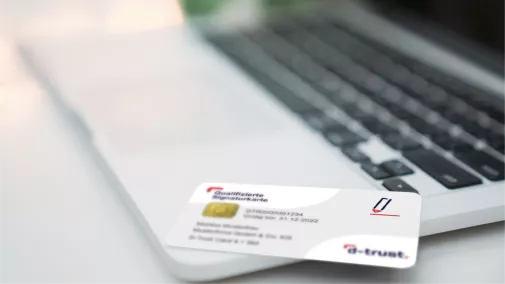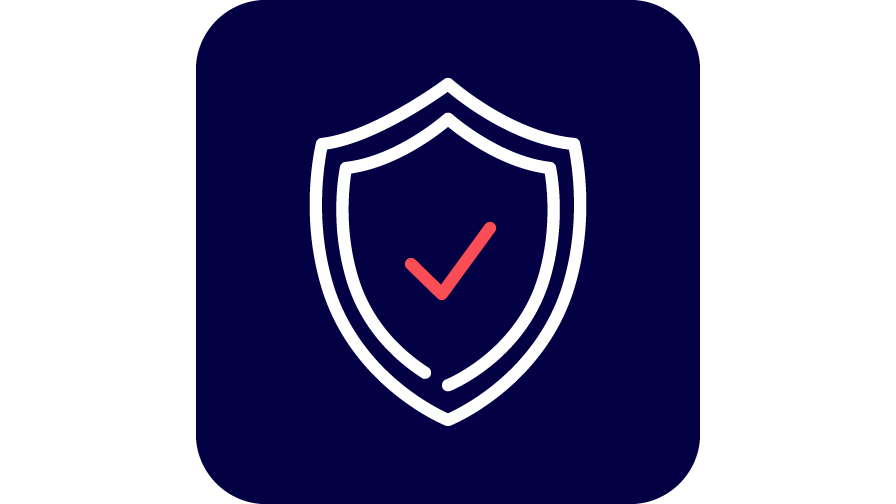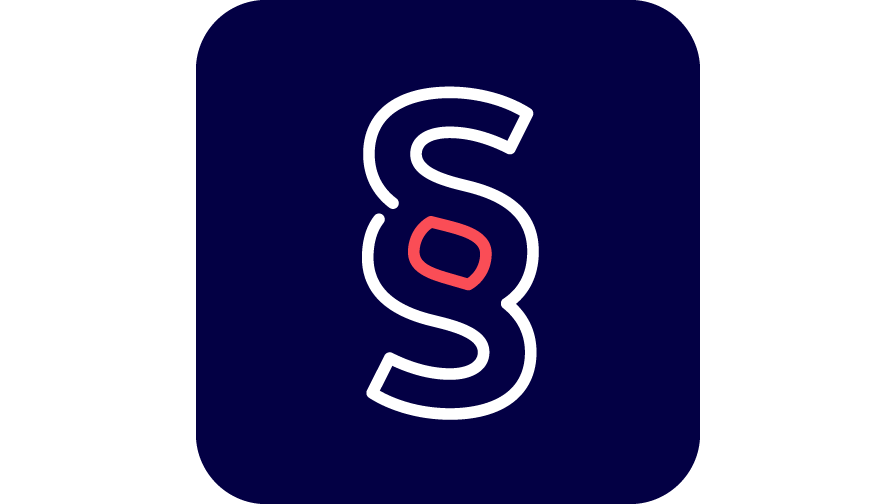
Signature Cards: Security for Your Documents
Signature cards are the key to secure and efficient digitisation of business processes. They enable reliable electronic signatures, thereby making complex official, business or legal processes digital and forgery-proof. Signature cards are used when high security standards and digital signatures with full legal force are required, in order to make processing them faster and easier.
The Advantages of Signature Cards at a Glance:

Secure – based on extremely secure cryptographic keys
Certified – EU-wide signatures according to the eIDAS Regulation

Legally effective – replaces a handwritten signature with a digital signature
Effective – electronic business processes without bothersome media discontinuity
Applications of Signature Cards
Signature cards from D-Trust provide you with a reliable solution for legally secure digital signatures. Simplify your business processes and ensure the integrity of your digital documents – efficiently and cost-effectively.
Use the Qualified Electronic Signature for a Wide Range of Applications
Signature Cards – Just the Right Solution for You
The right signature card for any area of application – choose the signature card that meets your requirements:
D-Trust Signature Cards in Comparison
Brief Explanation of Digital Signatures:
Legal recognition of digital signatures
The Qualified Electronic Signature (QES) provided with a D-Trust Signature Card offers the highest level of security and is legally equivalent to a handwritten signature.
Protection against fraud and misuse
How are electronic signatures protected against misuse? First of all, signature cards are always issued to a natural person. This means that personal identification during the application process ensures beyond any doubt that the signature by means of the signature card can only come from the person identified. A second factor secures the signature process. In addition, the integrity protection of the documents ensures that they cannot be subsequently changed, thereby protecting qualified electronically signed documents much better against forgery than handwritten signatures on paper. The trustworthiness of the qualified certificates can be verified via the national eIDAS Trusted List and the EU List of eIDAS Trusted Lists (LOTL). For example, the certificates can be looked up and checked on these lists using their serial number to ensure that they are valid and trustworthy. Signature cards are also always Qualified Secure Creation Devices (QSCD).
Frequently Asked Questions
The terms digital signature and electronic signature are often used synonymously. Legally, however, the two fulfil different levels. While the digital signature – in the form of a qualified electronic signature – guarantees the authenticity and integrity of a document and confirms that it is forgery-proof, an electronic signature, such as at a simple signature level, only proves the signatory’s consent to a document and does not provide any particular legal security. Digital signatures are based on complex key technologies and are legally binding, whereas electronic signatures offer less security and only signal informal consent.
Digital signatures offer greater security thanks to complex key technologies that ensure the authenticity of the signatory and the integrity of the document. Unlike conventional signatures, forgeries can be readily recognised with digital signatures. The signatures thus offer more effective protection against fraud and manipulation. The legal recognition of digital signatures as equivalent to handwritten signatures further enhances their security and trustworthiness. They are therefore ideal for people who have to provide legally binding signatures digitally in their day-to-day work.
The Qualified Electronic Signature (QES) meets the highest security standards and has the same legal validity as a handwritten signature. It fulfils the written form requirement. This means that digital signatures are legally binding and can be used as evidence in court to confirm the validity of contracts and other legal documents.
The use of electronic signatures in accordance with the eIDAS Regulation contributes to increasing efficiency in e-government and enables the modernisation of electronic business transactions. Signature cards play a crucial role in ensuring the security and trustworthiness of electronic document exchanges between citizens, companies and government agencies.
Companies benefit from the security and time savings offered by digital signatures. Work processes are optimised, and documents can be signed in a forgery-proof and legally binding manner. In addition, digital signatures enable faster processing of business transactions and contribute to improved business efficiency. The implementation of digital signatures help companies to remain competitive and meet the requirements of the digital age.
Do you have any questions about our signature cards?
Our sales team will be happy to assist you. Please feel free to contact us:
D-Trust Sales Team
+49 (0)30 2598 - 0
vertrieb@d-trust.net






